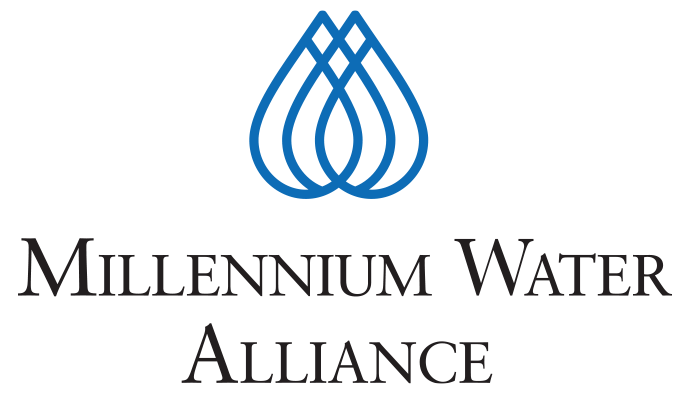See below for the 2013 plan summary for implementation of Lazos de Agua in Honduras:
Background
Over the past three years, Water For People has conducted a feasibility study to determine the best strategy for bringing 100% safe, sustainable coverage of water and sanitation services, as well as improve hygiene education, integrated water resource managment, and water quality to all households, clinics and schools in the entire municipality of San Antonio Cortes. The study has led to the division of the San Antonio de Cortes region into four (4) watersheds. Water for People, the municipal government, and the communities have started construction of an expansive network of underground water systems to provide utility services to the residents within the basin.
Program Plan
With Coca-Cola funding, Water for People will finance the completion of the network to provide safe water to over 3,600 rural Hondurans in the third watershed sub-basin of Picacho. In total, 100% of the 505 households in the 12 communities will be provided with metered connections providing approximately 120 lcpd (a ‘high’ level of service) from the gravity fed scheme. The piping network will include an inline chlorination treatment process to ensure that clean drinking water will reach every household. In the third year of the program, Water For People has budgeted for the purchase of a 2E 3000 Ven Por Agua truck to assist in emergency water needs. Within the MAP-LAP, Akvo FLOW will be used to collect the baseline and monitoring and evaluation data for the program by means of household, community water board, water point, and water quality surveys.
Goals
Ill-health associated with deficits in water and sanitation undermines productivity and economic growth, and contributes to a cycle of poverty. The overall goal of this Program is to contribute to improvements in health and livelihoods in rural Latin America through increased access to safe water and improved sanitation and hygiene.
Through an integrated, community-based approach, the program focuses on eradicating water poverty, minimizing environmental degradation of water resources, and creating a healthier living environment.
Sustainability
Keeping water flowing in poor, rural, and marginalized areas after WASH investments are made has proven to be among the most difficult development challenges for NGOs and donors. Sustainability is defined by MWA and its partners as access to a continuous supply of safe water over time, the practice of financial accountability and transparency by all water management committees, the setting, adjusting and collecting of tariffs appropriate to provide a professional service and fund the maintenance, repair and replacement WASH infrastructure over its life-cycle. It is with these guiding principles that MWA implements hardware activities and builds the self-sufficiency of local communities, local governments and other stakeholders. MWA and many of its members have been deeply involved in an external collaborative process to develop and endorse a sustainability charter to align WASH stakeholders around a set of common sustainability principles, catalyze adoption of these principles worldwide, and provide a framework to facilitate ongoing learning. This charter, which reflects the sustainability principles MWA programs follow, is available at www.washcharter.org.
